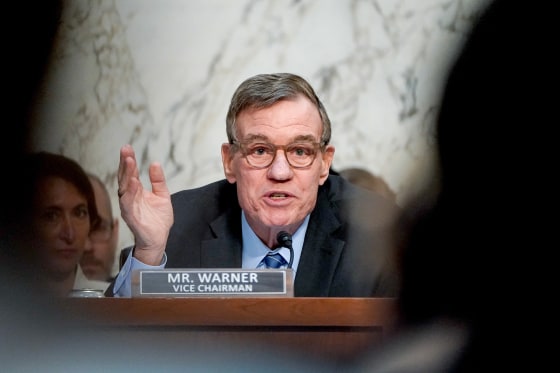Senate Crypto Bill: What the Landmark Legislation Means for Digital Assets

The United States is one step closer to establishing a regulatory framework for digital assets. The much-anticipated senate crypto bill advanced on a bipartisan vote, signaling a turning point for cryptocurrency in American law.
What Is the Senate Crypto Bill?
The senate crypto bill, commonly referred to as the GENIUS Act, aims to create the very first official regulatory structure for stablecoins. Stablecoins are digital tokens pegged to traditional fiat currency, such as the U.S. dollar. Without clear rules, both investors and companies have faced uncertainty regarding their use and oversight.
Senator Bill Hagerty (R-Tenn.) championed the bill. The legislation's bipartisan support was achieved after extensive negotiation, with key Democratic senators joining Republicans to clear the path for its progression. This breakthrough comes after an earlier setback, when Democrats initially united to block the proposal over concerns related to national security and financial transparency.
Bipartisan Cooperation—and Division
Out of 100 senators, 66 voted to advance the bill, with 16 Democrats joining the Republican majority. This marks a rare moment of agreement in a deeply divided Congress. The bill moved forward after negotiators hammered out a deal to update consumer protection standards and prevent technology giants from independently issuing their own stablecoins. An amendment also extended ethics standards to some government employees who are involved in the digital asset space.
Yet, not all senators were convinced. Senator Elizabeth Warren voiced her concerns, arguing that "basic flaws remain unaddressed," particularly over provisions geared toward curbing potential political abuses and protecting the public. For a detailed breakdown of the vote and the negotiations that led to this milestone, see NBC News’ in-depth coverage.
Why Is This Crypto Regulation Important?
Cryptocurrency advocates see this senate crypto bill as a victory for technological innovation and consumer access. A clear legal framework is expected to spur responsible growth, enhance security for consumers, and encourage more businesses to operate transparently.
The bill’s passage is especially significant because it addresses the long-standing ambiguity in U.S. digital asset regulation. If enacted, it would establish formal oversight for stablecoins, providing both safety and innovation room. As explained in POLITICO's live update, this move could set a precedent for broader digital asset laws in the future.
The Political Road Ahead
Even as the bill makes headway in the Senate, its future in the House of Representatives remains uncertain. The House is considering a separate bill with its own regulatory measures for stablecoin issuers. Before any legislation reaches the president’s desk, differences between the Senate and House versions must be reconciled.
For lawmakers and the public alike, the debate is far from over. Some Democrats are preparing amendments to further restrict potential conflicts of interest for politicians involved in crypto markets. Still, a consensus appears to be forming around the need for federal clarity.
What’s Next for Crypto Regulation?
The senate crypto bill’s advancement is a milestone for the digital asset industry in the U.S., but more steps are needed before it becomes law. Ongoing debates about security, ethics, and innovation will shape the legislation’s final form. What remains certain is that this bill could redefine how America regulates digital currencies for years to come.
Stay tuned for updates as Congress continues to shape the future of cryptocurrency regulation. If you want a deeper look at the Senate crypto bill’s intricacies and the political landscape, read the full POLITICO live report or check NBC News for comprehensive details and reactions.